Effectively Manage Your Multi-Tasking Day
Do you sometimes feel as though you’re on a treadmill in your professional life? You were coasting along comfortably at a “five” setting, yet the speed just bumped up to 10. While you may be able to keep up briefly, you’re exhausted just trying to maintain. You constantly fear being thrown off and everything comes crashing down. This is the way many feel in their current jobs. Due to budget cutbacks and corporate downsizing, fewer people are being asked to do more; this strains their time, drains their energy, and leads to great frustration and stress. While you may not be able to control what’s being thrown at you or asked of you, there are ways to effectively manage your multi-tasking day.
First, you must admit and acknowledge the three truths…
- You will never get it all done – While many feel there is not enough time in the day to get everything done, it’s not actually a “supply” problem. We have the same amount of hours that everyone else has and has always had. It’s a “demand” problem. Even if you work 24/7, there will still be unfinished business; things to do, people to see, reports to prepare, and e-mails and publications to read.
- Your day will not always go the way it was planned – but that’s OK. Your success at the end of the day should not be based upon whether the schedule you set was followed, but on how productive you were leading to your end goals. Just as a satellite navigation system recalculates as you go off course, you will have to continually reprioritize to adjust to changing situations.
- Everything takes longer than you think it will – but that’s OK, too. The high-quality output you demand of yourself takes a little longer to produce. If it’s on your schedule, it’s important to do the absolute best job you can; even if it means you can’t get to everything else on your plate.
At the end of a long day, do you look at everything you accomplished or do you focus on the incomplete to-do list? If you focus on the former, you have a feeling of completeness and self-gratification for a day well spent. If you focus on the latter, you focus on your shortcomings, never feeling like you do a good job.
Effectively managing your multi-tasking day involves effectively managing the following….
1) Effectively manage your goals – Before deciding on what to work on … you need to know what you’re working for. If you have not established your goals, you can’t celebrate when you achieve one. The first step is to take a baseline snapshot of where you spend your hours in a typical day and typical week and whether it is leading you to reach your goals.
2) Effectively manage your priorities – The most important decisions you make during the day are what actions to take and not to take. This prioritization will determine where your time, energy, and focus will be spent. Ask yourself “For every action taken or not taken what is the intended result?” Life is about choices. In choosing what to work on, you need to distinguish between the “urgent” and the “important.” Start early working on the “urgent” before the deadline approaches.
3) Effectively manage your focus – Your first goal is to filter the noise, which is anything distracting to your task. Everyone wants a piece of your time and attention, but not everyone is entitled to a piece of your time and attention. Schedule time for interruption and manage the time for the interruption. “Do you have a minute?” rarely turns out to be “a minute.” You could respond, “Yes, I have a minute … but it will be after 2 p.m.” Turn up your personal and business spam filters that block anything that steals our time and our attention. If the task is not going to immediately make you more knowledgeable, make you more money, save you time, or provide a worthwhile benefit, ignore it.
4) Effectively manage conversation – While the three most important axioms in real estate are said to be location, location, location, in business, it’s communication, communication, communication. When it comes to communication and managing conversation, it’s not just what you say…it’s what people hear. Say yes slowly. While no one task you agree to do takes that long, it’s when we agree to multiple projects over and over again that the overwhelming feeling begins.
5) Effectively manage expectations
Much stress in the workplace can be reduced by effectively managing expectations. If you are overwhelmed by having too much to do than you can possibly get done within the time committed, determine the most important priorities to complete, and reset the deadlines with others.
6) Effectively manage technology
With all the new technologies designed to save you time and to make you more efficient, many feel more stressed than ever before because we are accessible 24/7. Also, we are now living in a “drive-thru society,” and everybody wants what they want when they want it. Expectations in communication response time have been raised, and due to e-mails and texting, people not only expect replies but also quick replies. The responses do not have to be long – “got it,” “no problem,” “will call this afternoon to discuss” – but responding lets the sender know you received the message. Don’t let your technology manage you!
7) Effectively manage organization
Being unorganized can lead to feeling stressed and busier than you actually are. Organization is a process, not an event, and it should be scheduled in as a part of your day. Some people are naturally organized and others have to work hard to stay ahead of the clutter. While some people are filers and others pilers, your goal should be not to touch each piece of paper more than one time.
8) Effectively manage your mind and emotions – Most people do not mind working hard, but they resent worrying hard. Feeling overwhelmed and overworked can lead to stress, however, stress is not an absolute cause and effect. When you find your mind and your emotions wandering to the dark side, think … “why worry?” Instead of worrying, go back to the source causing the worry (diagnosis) and write it down. Reset your priorities, make a plan, and take action to fix the conflict in your mind; manage conversation and the expectations of others to give you time to get back on track.
Life is not a race to the finish line. Winners are not the ones who get it all done. Winners are those who get the most out of everything they do and make the biggest difference. While few people will go to their grave saying, “I wish I would have worked more hours,” they may say, “I wish I got more out of the hours I worked.” It’s not all about making a good living … it’s about having a good life! Wherever you put your time, your focus, and your energy, you will get the greatest results.
About the Author:
Michael Guld is an author, speaker, entrepreneur, and radio commentator whose business development expertise lies in increasing sales performance, marketing exposure, employee productivity, and creating a world-class service experience. He is the president of System 21 and The Guld Resource Group and can be reached at (804) 356-7006 or michael.guld@guldresource.com.



